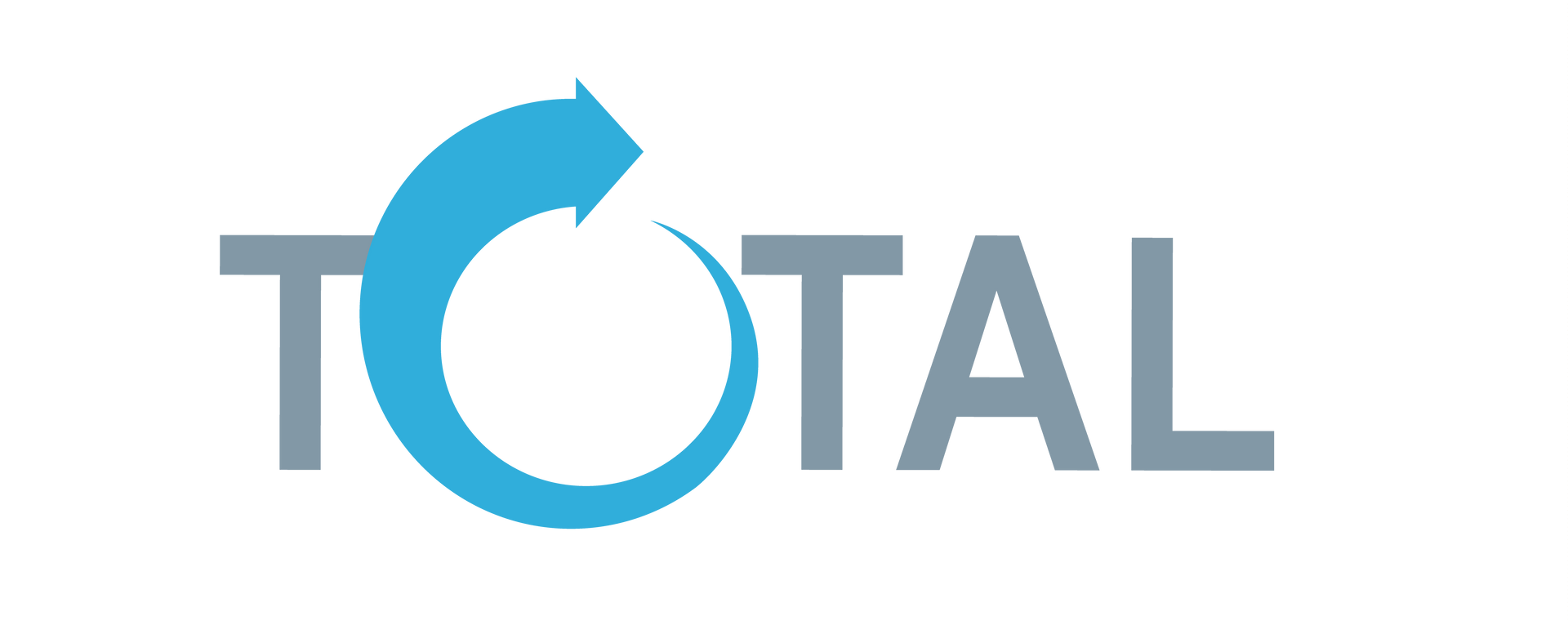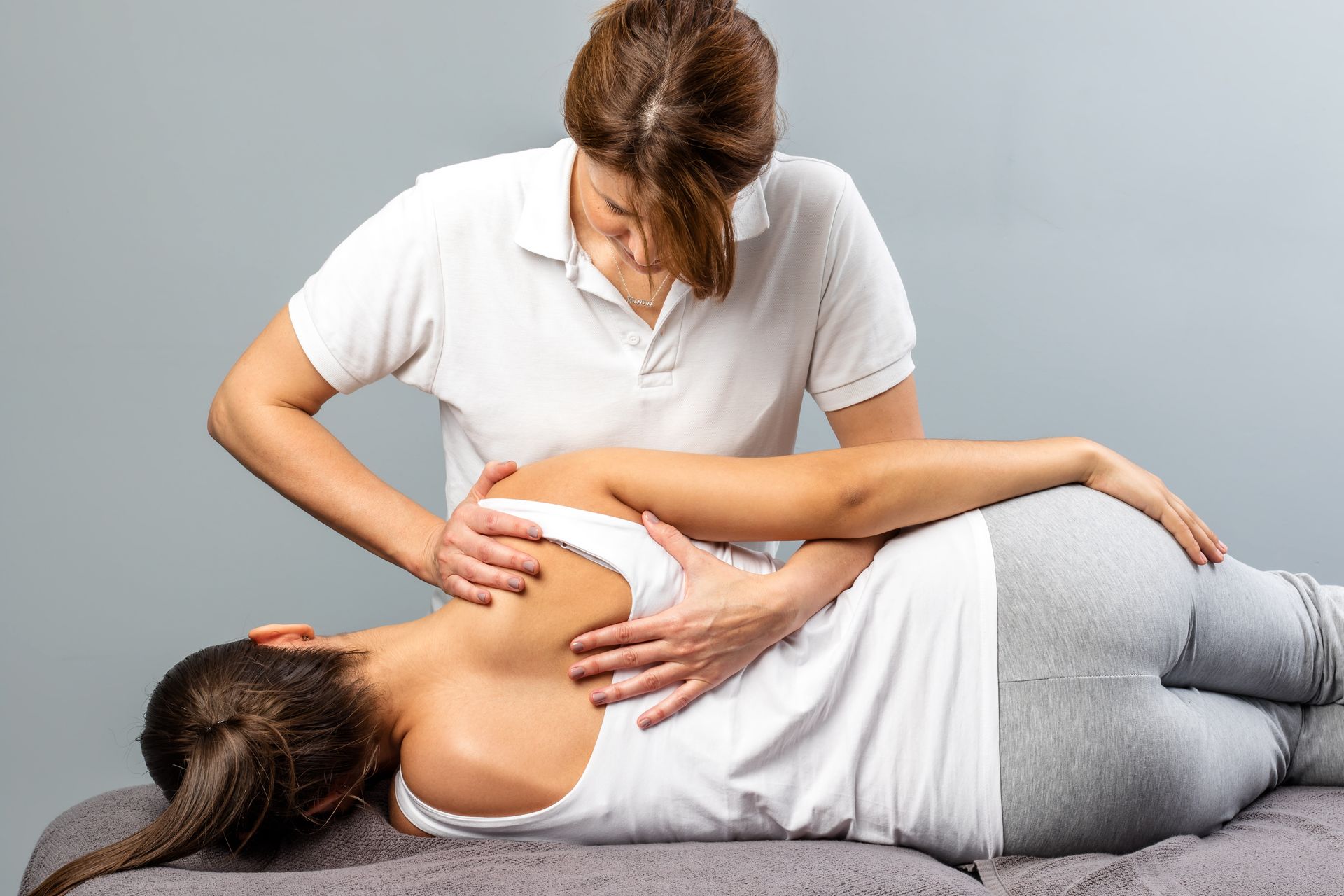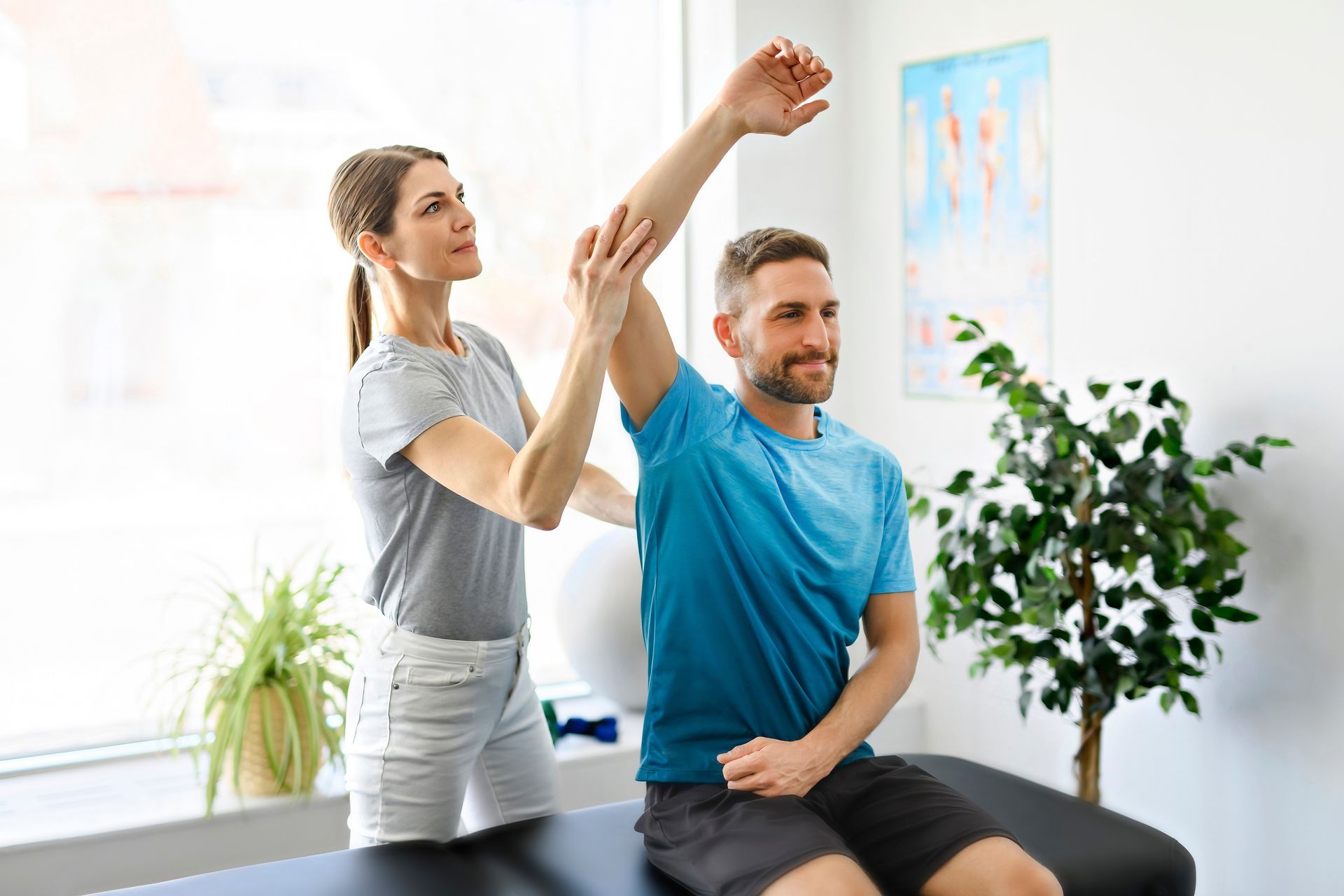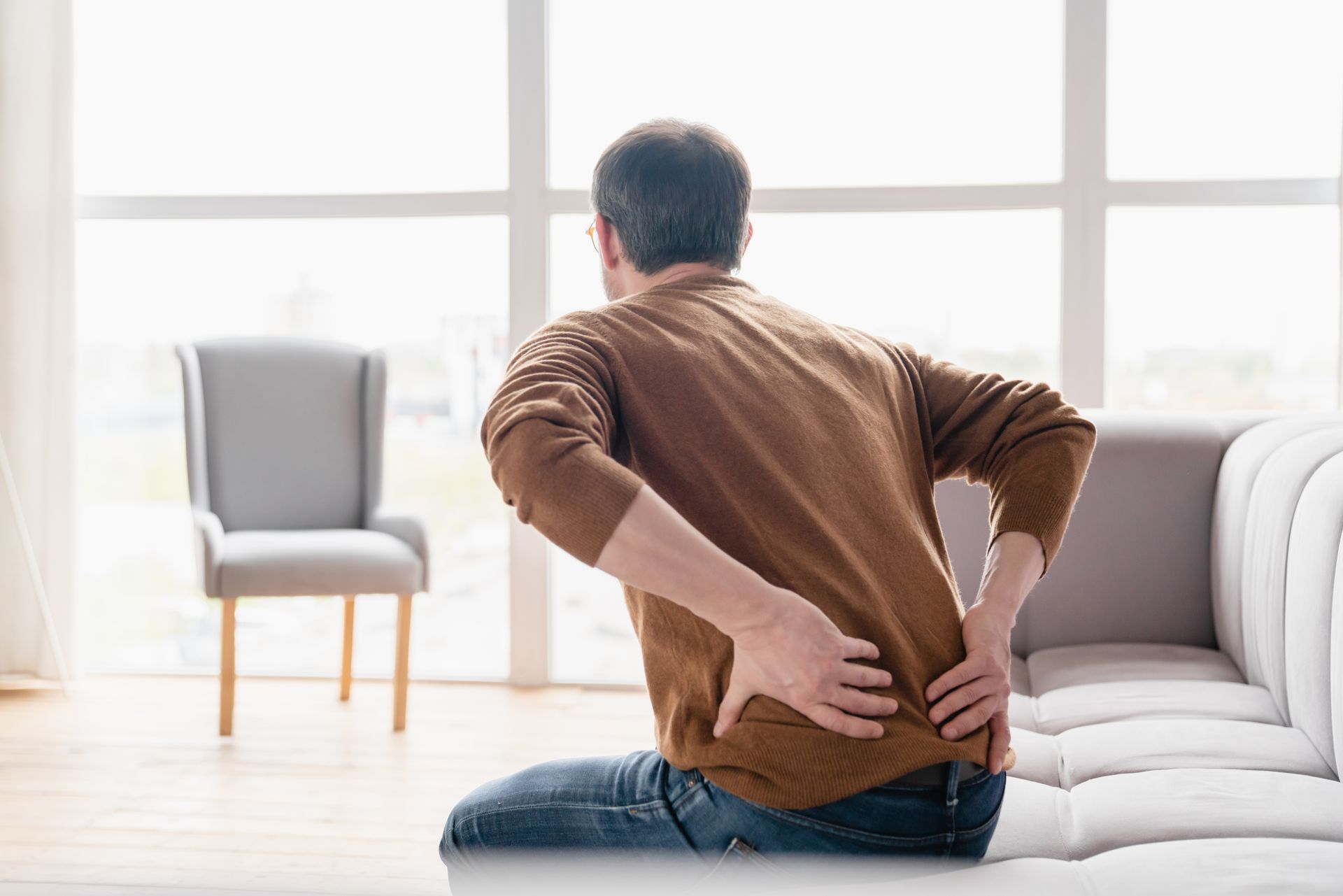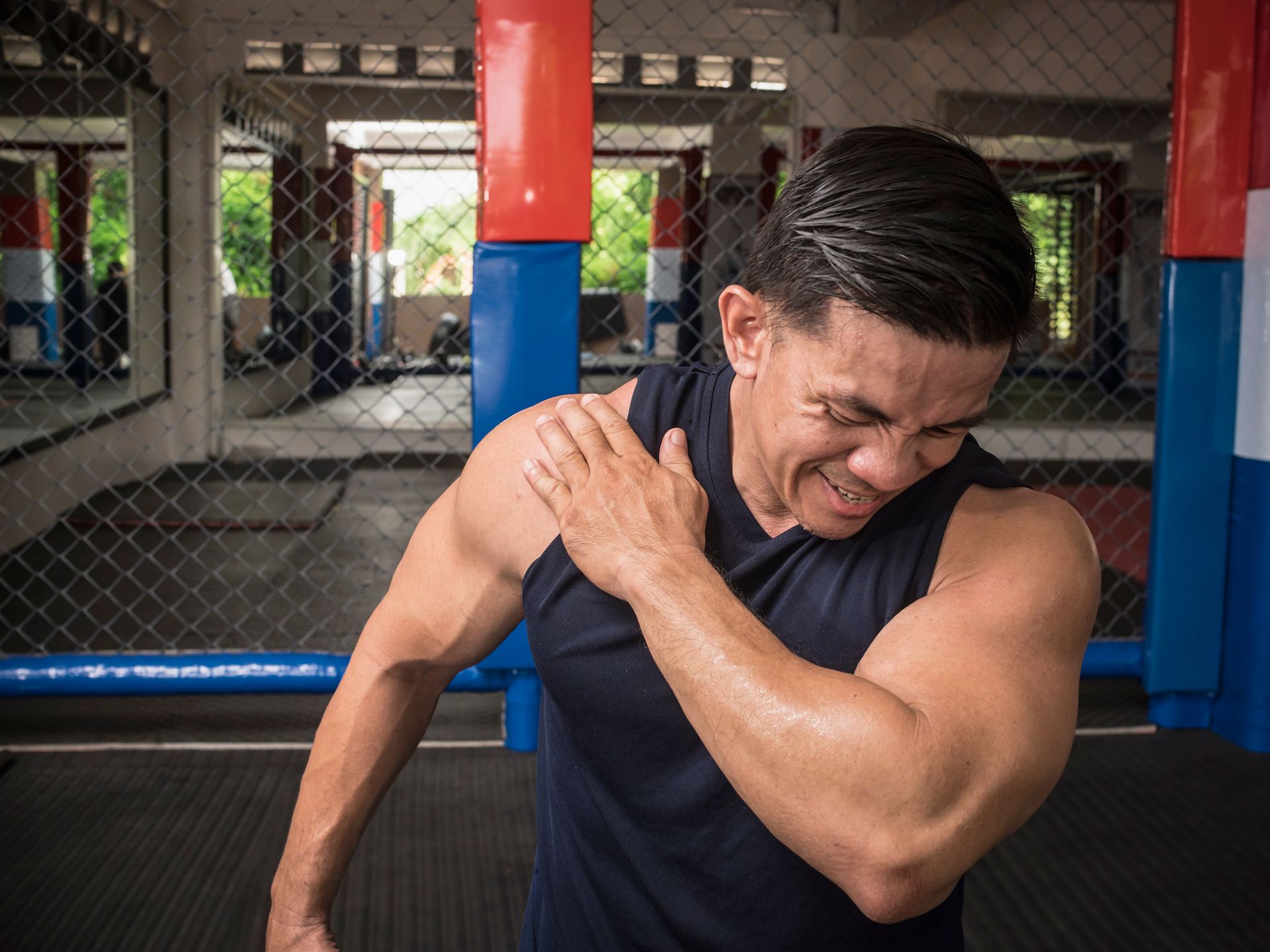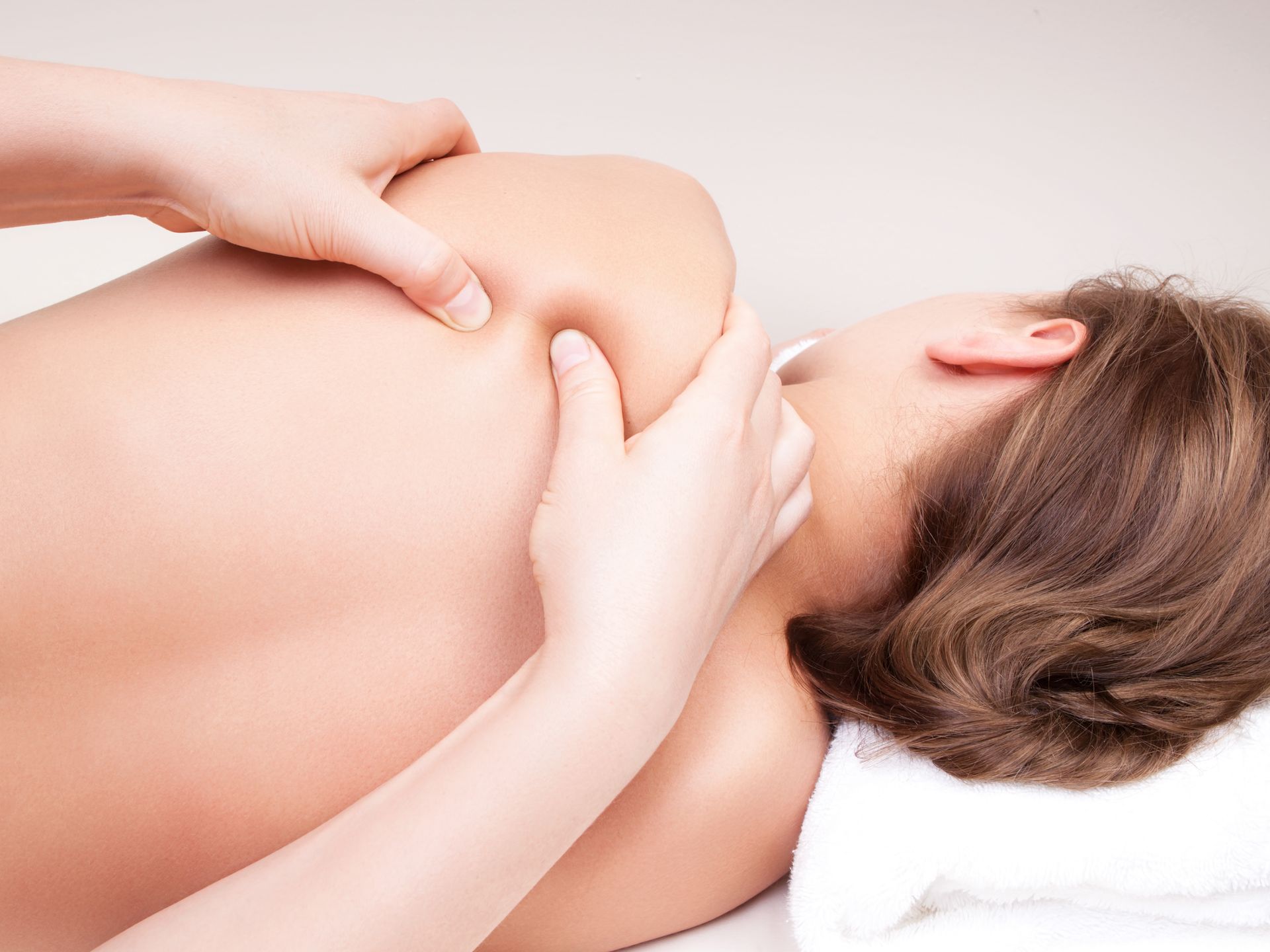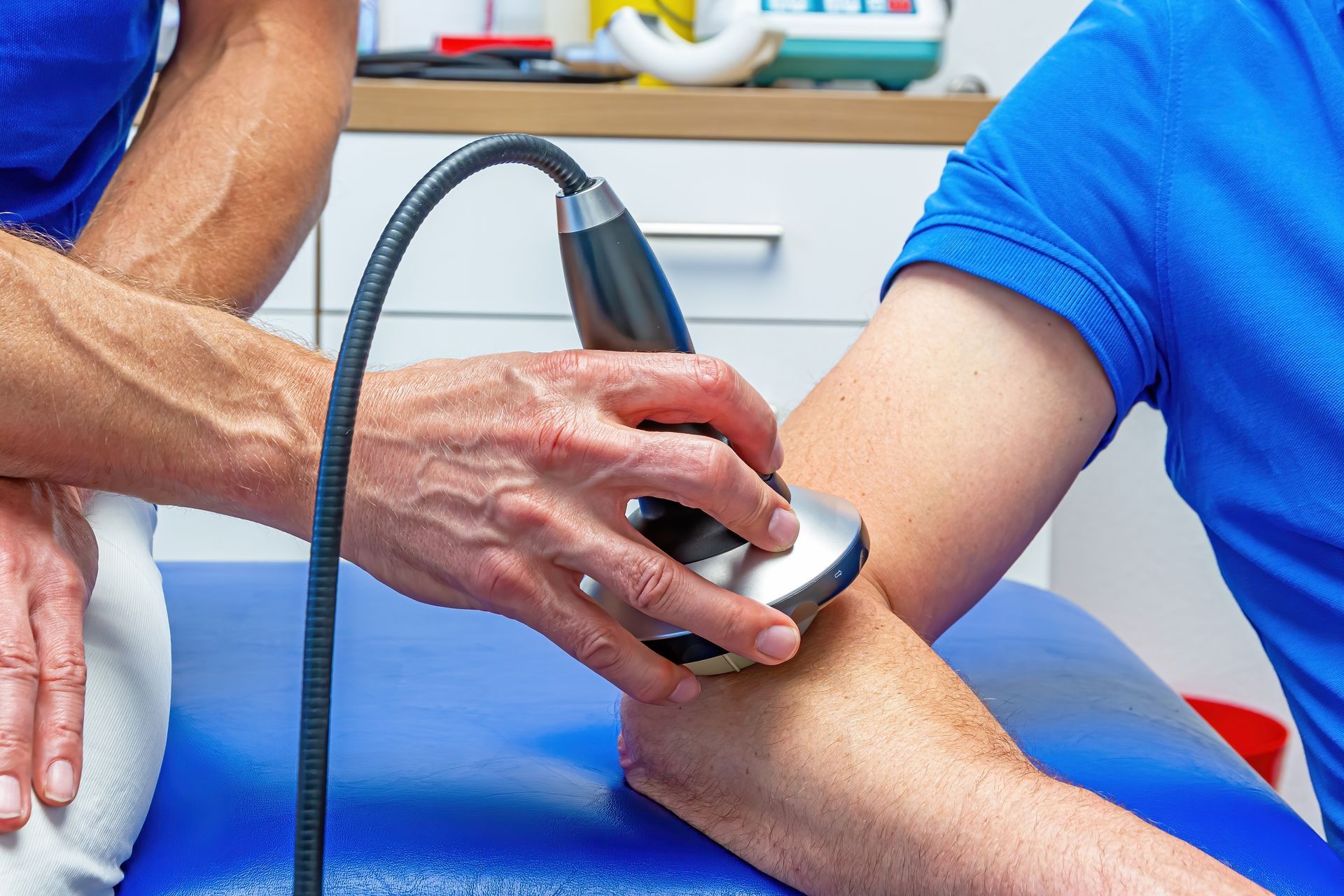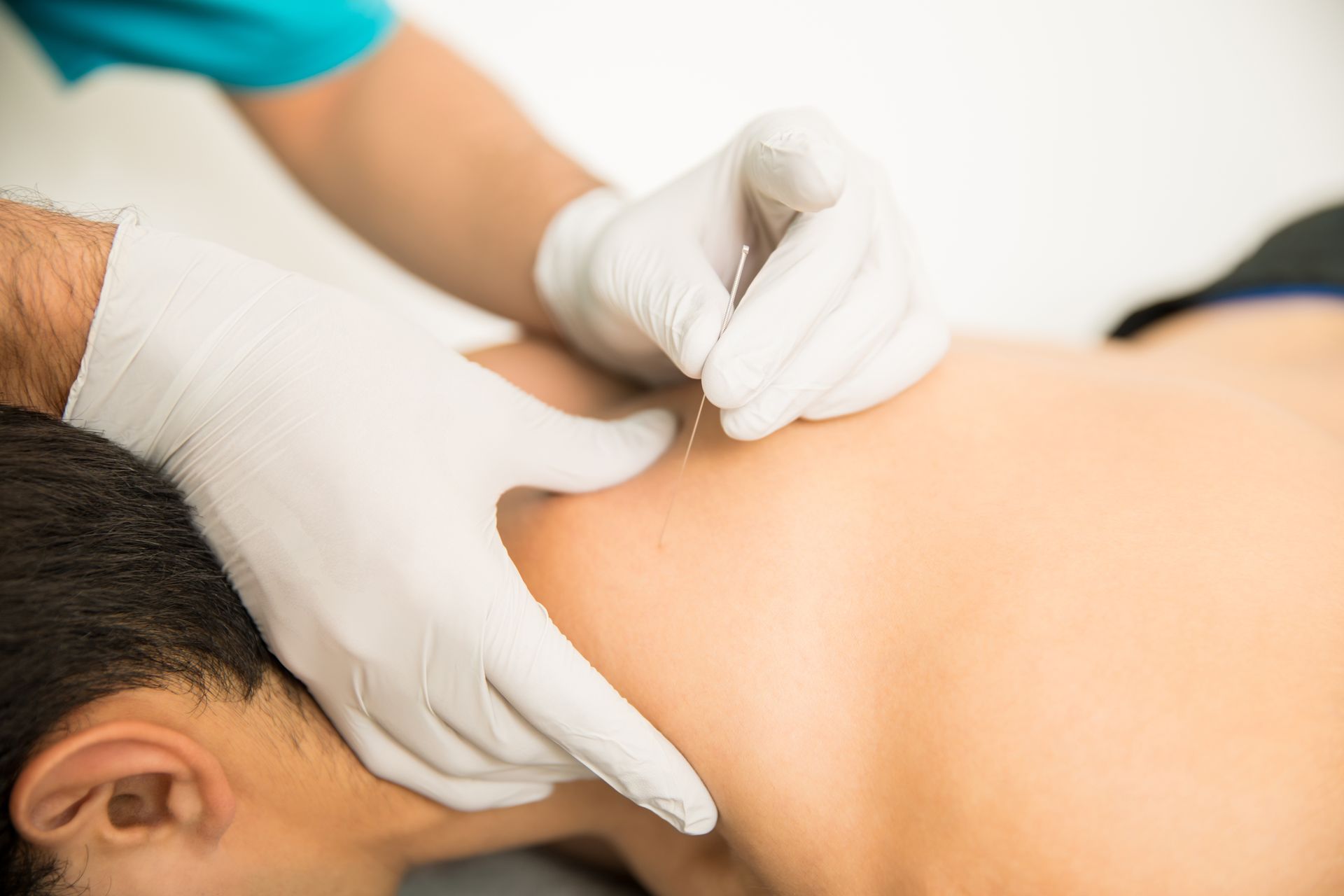Why Understanding the Link between Neck Pain and Headaches is Crucial for Treatment (Cervicogenic Headache).
Headaches are one of the most common ailments that people suffer from, affecting approximately 46% of people worldwide. While there is no specific medical understanding of what a headache is, there are different types of headaches, such as tension headaches and cervicogenic headaches. Neck pain and headaches are often linked, and it is crucial to understand this link to provide effective treatment.
Cervicogenic headaches are headaches that originate from the neck. These are caused by painful stimulation of nerves from structures in the neck, and they can be quite debilitating. Tension headaches, on the other hand, are caused by tense muscles in the neck and head, often as a result of stress. While these two types of headaches have different causes, they both have a link to neck pain.
Neck pain can be caused by several factors, including poor posture, lack of movement, and sleeping in an incorrect position. Poor posture puts excessive stress on the joints and muscles in the neck, which can result in pain. Lack of movement can also cause neck pain, as staying motionless for long periods can cause the muscles to become stiff and painful. Sleeping in an incorrect position can also cause neck pain and can be a trigger for cervicogenic headaches.
To provide relief for neck pain and headaches, you can try several things. Improving your posture is one of the simplest things you can do to help alleviate neck pain. Focus on sitting up straight, squeezing your shoulder blades, and tucking your chin. It may take time to develop good posture habits, but the effort is worthwhile.
Getting enough restful sleep is also essential, as sleep is when our bodies repair and rejuvenate. A regular sleep schedule is crucial to ensure that you get enough sleep and that it is restful. Your sleeping position is also important, and it can put stress on your neck. Sleeping on your stomach is not recommended, and you should use a good pillow to ensure that your neck is properly supported. If you sleep on your back, use a thinner pillow, and if you prefer your side, use a thicker pillow.
Movement is also key to relieving neck pain. Regular exercise, such as daily walks or lifting weights, can help alleviate pain and stiffness in the neck and can also help prevent future episodes. If you spend a lot of time sitting, be sure to change positions frequently to give your body a break from staying motionless.
Other factors can also help alleviate neck pain and headaches. Drinking plenty of water is important, as dehydration is a common trigger for headaches. Consuming less caffeine can also help. Meditation and deep breathing exercises can help relieve stress, which can be a trigger for tension. Limiting screen time and getting your eyes checked by an optometrist can also help alleviate headaches and neck pain.
If you are experiencing neck pain and headaches, seeking treatment from a professional is crucial. Athletic therapists can help alleviate pain and tension in the neck through massages, cupping, and dry needling. They can also provide you with stretches and exercises that are tailored to your specific needs. Identifying the cause of your pain and headaches is essential to providing effective treatment, so book an appointment with a professional today for a comprehensive assessment. At Total Rehabilitation & Sports Injuries Clinic, Michayla specializes in treating cervicogenic headaches, providing crucial relief for those suffering from neck pain and headaches. Her targeted approach ensures effective treatment and long-lasting results. our team of professionals can provide you with the tailored treatment you need to alleviate your pain and prevent future episodes. Contact us today to book an appointment.
